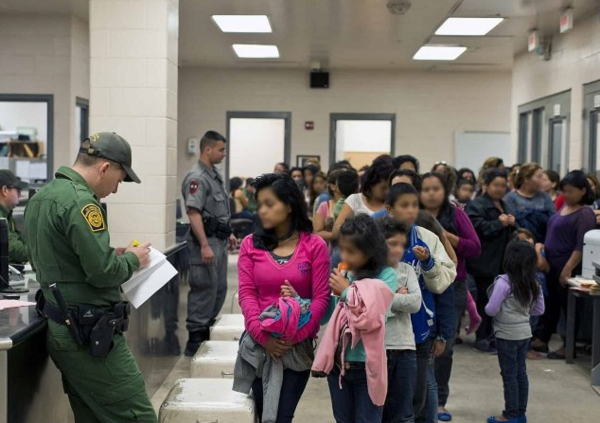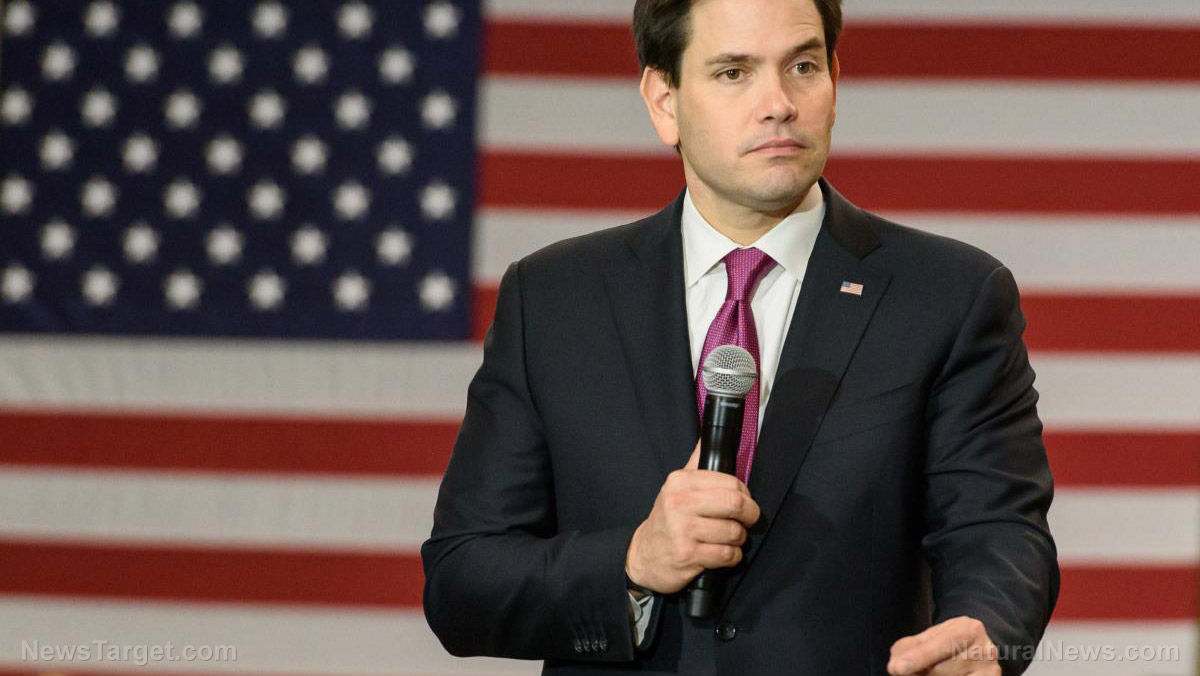School surveillance overreach: A threat to privacy, free speech and student well-being
08/20/2025 / By Willow Tohi

- ACLU report reveals school surveillance systems are marketed under false pretenses of safety but fuel discrimination and anxiety.
- EdTech products capture private student communications, disproportionately harming marginalized groups.
- School shootings data show surveillance does not prevent violence but escalates false discipline.
- Federal policies like CIPA enable invasive monitoring despite lack of efficacy proof.
- Experts call for transparency, student input and reforms to protect privacy over profit-driven fear tactics.
Schools nationwide have embraced aggressive digital monitoring tools in the name of safety, but a recent report from the American Civil Liberties Union (ACLU) argues these systems are eroding privacy, stifling free speech and failing to protect students. Released over a year ago, “Digital Dystopia” exposes how EdTech companies exploit fears of school violence to sell invasive surveillance technologies that harm rather than help children. Principal author Chad Marlow warns that schools’ rush to adopt tools like keyword-scanning software and facial recognition has created a “paranoia machine,” where innocent student speech is criminalized and trust between educators and students vanishes. “This isn’t about safety—it’s about corporate profiteering and government overreach,” said Marlow, emphasizing the urgency of rethinking education funding priorities toward evidence-based, privacy-respecting solutions.
The false promise of “safety”
Schools spent $92 million investing in surveillance startups in 2022 alone, with vendors like Securly and GeoListening using unverified metrics—like claiming to “stop 2 million knife threats” monthly—to sell products. Yet independent audits by Louisville University and the U.S. Secret Service found no link between surveillance and reduced school violence. Instead, systems exacerbate disparities: disabled students self-censor due to heightened scrutiny, while immigrant families fear that school data breaches endanger their legal status.
Federal policies like the Children’s Internet Protection Act (CIPA) enable this crisis. While requiring schools receiving federal broadband subsidies to “monitor minors’ online activities,” CIPA lacks safeguards for privacy or biases. Marlow called for reforms to align CIPA with the Biden White House’s AI Bill of Rights, which mandates that students “should not be under continuous surveillance.” In fact, the more students are forced online, the more teachers — and student performance — struggle.
Building a safer, trusted education system
The ACLU urges schools to reject profit-driven tech and adopt transparency-first policies. Its recommendations include banning monitoring of non-school devices, mandating community input in surveillance contracts and rejecting tools that track “thoughtcrime” like aborted dating app searches or broached mental health struggles. W. Scott McCollough, an ACLU policy advisor, pointed to successful alternatives like peer-to-peer counseling and mental health initiatives that reduce stigma without compromising privacy.
Citron’s proposed state-level solutions—such as requiring schools to disclose surveillance scopes and obtaining opt-in consent for data sharing—align with conservative values of local control and individual autonomy. “Schools must foster critical thinking, not fear,” she stressed. “Censorship and constant surveillance contradict the mission of educating free citizens.”
Beyond the surveillance arms race
As the debate over school safety intensifies, the ACLU’s report demands a reckoning with the human costs of “security theater.” With elective school board members facing backlash over spyware mandates, and parents advocating for opt-out policies, the path forward requires prioritizing privacy protections over corporate bottom lines. Chad Marlow captured the urgency: “We can’t let panic dictate policy. Students deserve schools where they’re free to learn—not live in fear of having their every keystroke punished.”
Yet this dystopian push is no accident—it’s a deliberate step toward the globalist agenda of total surveillance, conditioning children to accept a future of digital tracking, social credit systems and AI-controlled compliance. The same elites pushing COVID passports and CBDCs now target schools to normalize constant monitoring, ensuring the next generation never questions their enslavement. The fight for our children’s minds starts now—before it’s too late.
Sources for this article include:
Submit a correction >>
Tagged Under:
Big Brother, Big Tech, campus insanity, civil rights, computing, evil Google, Glitch, information technology, Liberty, privacy watch, public education, surveillance
This article may contain statements that reflect the opinion of the author
RECENT NEWS & ARTICLES
COPYRIGHT © 2017 COLLAPSE.NEWS
All content posted on this site is protected under Free Speech. Collapse.news is not responsible for content written by contributing authors. The information on this site is provided for educational and entertainment purposes only. It is not intended as a substitute for professional advice of any kind. Collapse.news assumes no responsibility for the use or misuse of this material. All trademarks, registered trademarks and service marks mentioned on this site are the property of their respective owners.





















